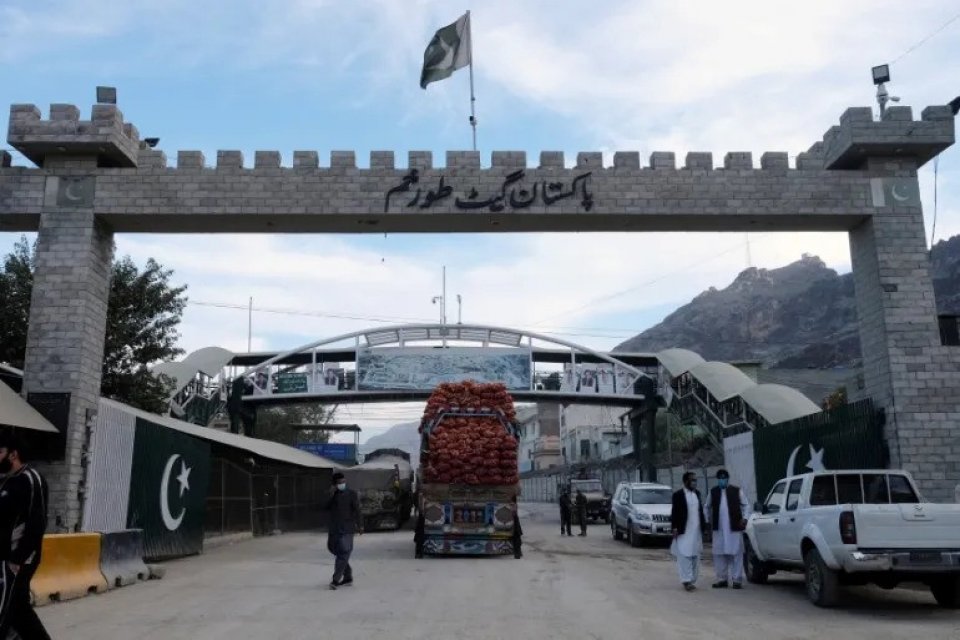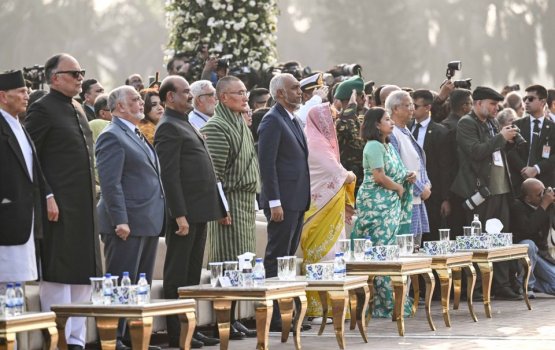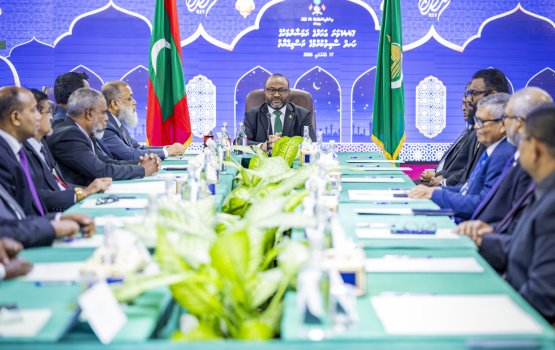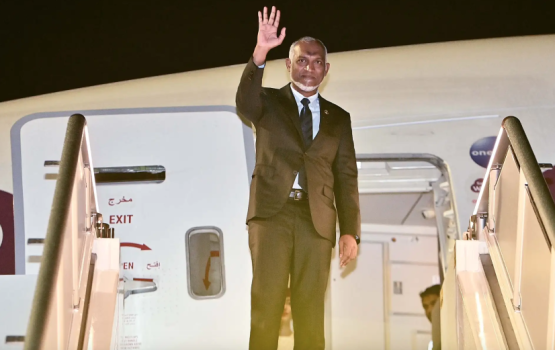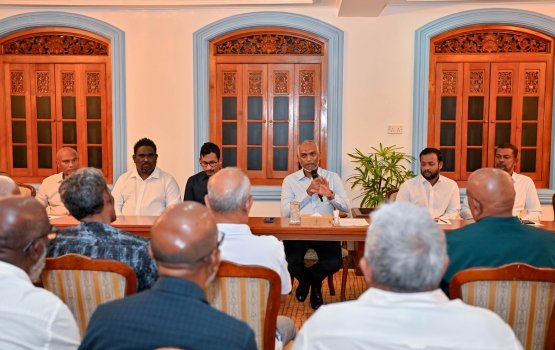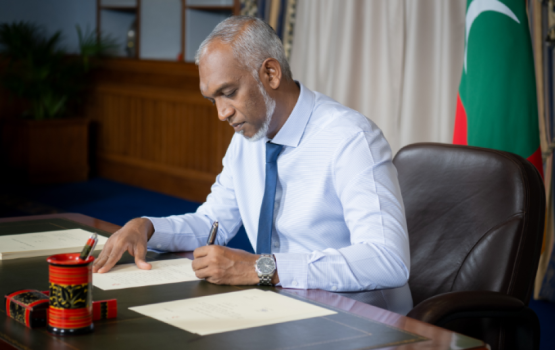A substantial number of trucks and freight vehicles have been stranded at the Torkham border crossing, sending shockwaves through Afghanistan's commercial lines with Pakistan. This situation emerged after Pakistan imposed tough regulations on January 13, requiring Afghan drivers to have valid passports and visas to enter the country.
The Federal Government of Pakistan implemented the Border Management policy in 2016, which stated that only people with passports and valid visas might cross the Torkham border crossing. However, effective execution of this policy along the Afghanistan-Pakistan border did not occur until January 2024. As a result, Afghan drivers who do not have passports are no longer permitted to enter Pakistan at this key crossing.
The decision by Pakistan to implement these rules has sparked condemnation from Taliban officials, who see it as a hasty unilateral action that will harm the livelihoods of people on both sides of the border. The consequences of this move are clear, as hundreds of goods-laden vehicles remain stalled on the Afghan side of the border due to the strict application of these new laws.
In reaction, Taliban officials have prohibited Pakistani freight vehicles from entering Afghanistan. Despite talks between Taliban and Pakistani officials, an agreement to reopen the Torkham border crossing, the most heavily trafficked between the two countries, remains elusive.
Mullah Adil, the spokesperson for the Taliban governor in Nangarhar, who was involved in the talks, lamented the lack of progress in the discussions.
The Torkham border crossing joins Pakistan's Khyber Pakhtunkhwa Province and Afghanistan's Nangarhar Province via the famous Khyber Pass.
Impact of Border Closure on the Economy
The closing of the Torkham border crossing has far-reaching economic implications. Many of the stalled trucks transport perishable items such as oranges and tangerines, which would result in a significant loss for dealers and farmers. The operation of the Torkham border has become increasingly uncertain for traders and businesspeople on both sides. This has impacted the forward and backward links associated with this trade, resulting in significant commercial losses for both countries. With Pakistan's economy on the verge of collapse, Pakistani authorities' actions would exacerbate the country's vulnerable economic situation.
Furthermore, truckers stranded at the border face severe conditions, lacking food and water for basic needs.
Pakistan's restrictions have an influence beyond Torkham, as Islamabad has shuttered the tiny border crossings of Dand-e Pathan and Kharlachi, Ghulam Khan. Additionally, Angor Adda and Chaman, the second-largest border crossing, have been closed for more than two months.
The closing of the Torkham border crossing coincided with the visit of Pakistani Islamist politician Maulana Fazlur Rehman to Kabul. The week-long tour intended to repair deteriorating relations between the two countries and included a meeting with the Taliban's highest leader, Haibatullah Akhundzada. However, little has changed after this visit, indicating a growing distrust between the two neighbours.
Border tensions escalate
Pakistan's measures are part of a larger campaign that has been in place since October, involving the deportation of more than 500,000 unauthorized Afghan citizens. This step follows Islamabad's accusation against the Taliban Government of hiding TTP militants.
Pakistan's attempt to unilaterally limit cross-border mobility for Afghans and ethnic Pashtuns along the Durand Line border has been met with strong hostility from Kabul and impacted Pashtun populations. Angor Adda and Birmal, a smaller border crossing, have been periodically blocked for more than two months, prompting calls from the local Ahmadzai Wazir tribe, which lives on both sides of the border, for unrestricted travel and enhanced trading facilities.
Pakistan's unilateral decision to revoke their century-old permission to cross the border using only their identity certificates has alarmed other Pashtun populations.
Protests in Chaman, Balochistan Province, have been underway since October 21 over the implementation of travel documents. The settlement bordered Spin Boldak in Kandahar, and demonstrators, mainly traders and porters, expressed their worries. Protesters in Chaman have threatened that their sit-in protest may turn into a hunger strike if Islamabad does not meet their demands by January 31.
As tensions rise and the economic toll mounts, the situation along the Afghanistan-Pakistan border remains unstable, with trade and travel hanging in the balance. (Source: News agencies and Afghan Diaspora Netwrok)

